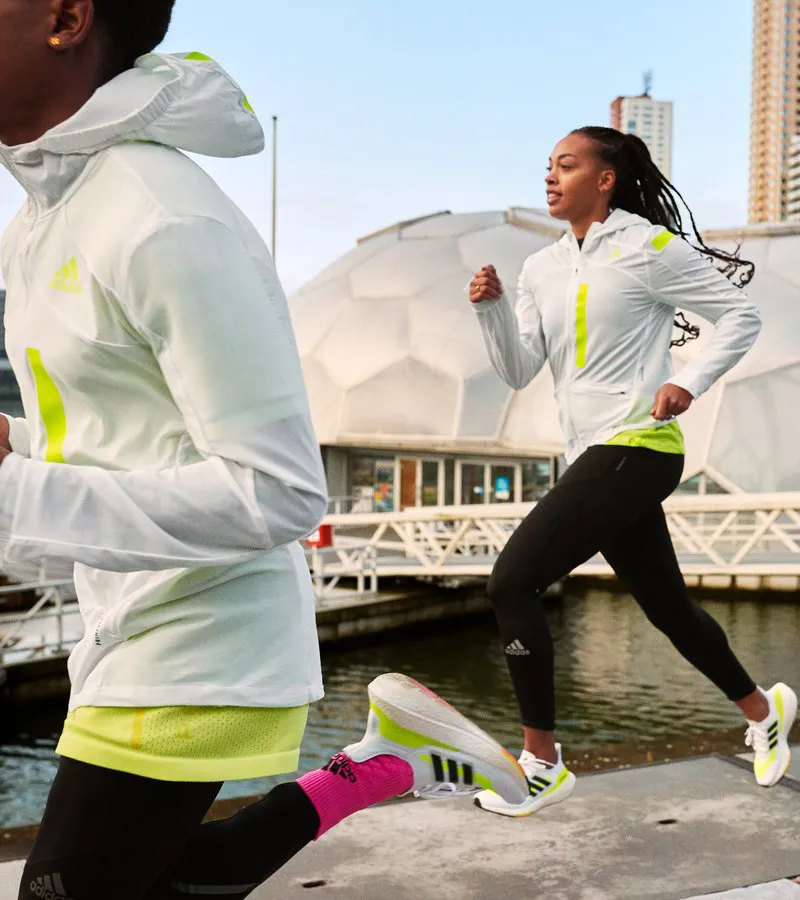Adidas CEO: 70% Of Consumers Prefer TO GET Sustainable Products

In its total annual general meeting earlier this season, Adidas CEO Kasper Rorsted told shareholders based on a recently available company survey, “70% of all consumers say that they consider sustainability a substantial buying argument,“ and added, “If we succeed in sustainability - or when - we also succeed as a business.”
It is the third article I’ve written over just the previous few weeks illuminating the ‘new era of sustainability’ driven by customer values, attitudes and preferences. Previously I discussed the sustainably-minded customer and the necessity for more transparent ‘green’ messaging form companies.
You will find a growing body of evidence that suggests a shift is occurring in the context of sustainability management. Historically, the emphasis in sustainability management has been directed to doing less harm and achieving operational efficiencies. Now the tide is changing. Driven by escalating customer demand, there exists a have to direct sustainability efforts toward ground breaking business models, products and markets that meet up with the changing needs and expectations of sustainably-minded customers.
Because of its part, Adidas has made strides to create sustainable products, including using ocean plastics in its shoes and vowing to make nine out of every 10 products sustainable by 2025. The business has also partnered with Allbirds to create shoes with a minimal carbon footprint. Allbirds uses materials such as merino wool, recycled bottles and cardboard and castor bean oil to manufacture its shoes. Later come early july, Adidas will be releasing its classic Stan Smith shoe using a leather produced from mycelium, the fibrous root structure of mushrooms.
But Adidas isn't alone in recognizing and meeting this new sustainability landscape. BASF, for example, has identified that about one-third of its products analyzed make a particular contribution to sustainability. These ‘Accelerator solutions’ - about 14,000 representing €15 billion in sales in 2019 - are available in many industries, including health, transportation, construction, consumer goods and others. Schneider, as another example, brings clean energy and energy efficiency solutions to consumers and businesses through its Square D and EcoStruxure product suites.
Square D provides consumers various smart home technologies, such as whole-home surge protection, electric vehicle (EV) connectivity, a Qwik-Connect solar inverter and backup panels. EcoStruxure permits increased safety, reliability, efficiency, sustainability, and connectivity in businesses through the use of advancements in IoT, mobility, sensing, cloud, analytics, and cybersecurity.
While addressing operational impacts will still be an important facet of sustainability management, it appears increasingly clear that development of customer-led sustainable products, services, and markets is now equally important to demonstrating sustainability leadership.